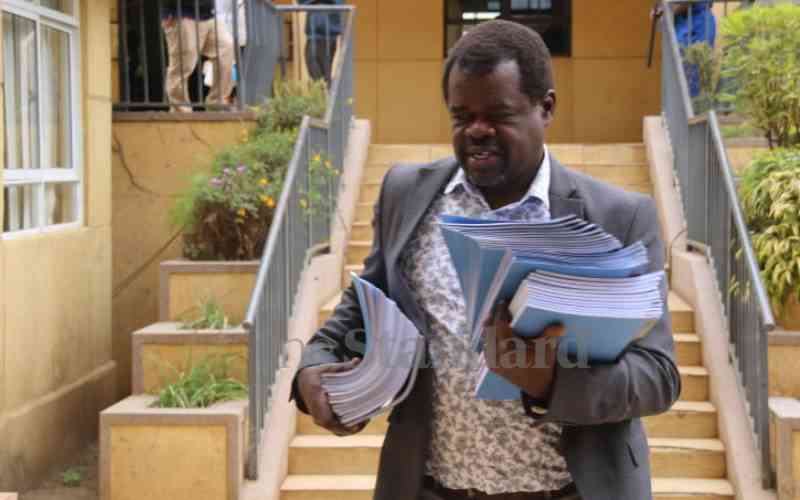×
The Standard e-Paper
Smart Minds Choose Us

There were more than 1.6 million Kenyans who cast their ballots for presidential candidates after the polls closed on August 9, the Supreme Court heard Wednesday, August 31, 2022.
According to Busia Senator-elect Okiya Omtatah, the Independent Electoral and Boundaries Commission (IEBC) reply to the presidential election petitions filed before the highest court in the land indicate that between 1700hrs and 2045hrs, 1,665,412 people cast their votes.